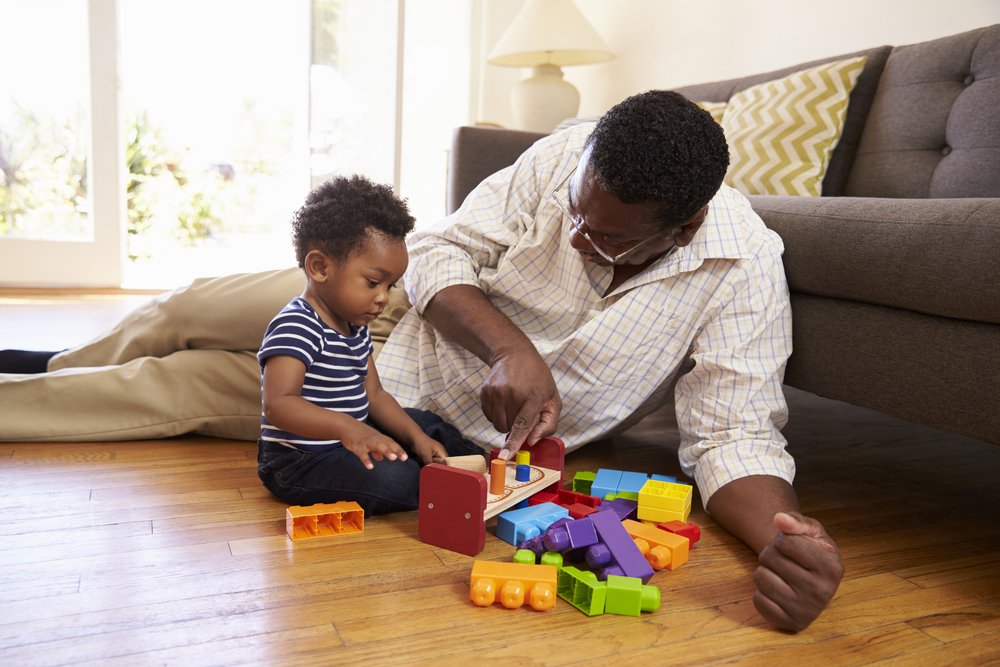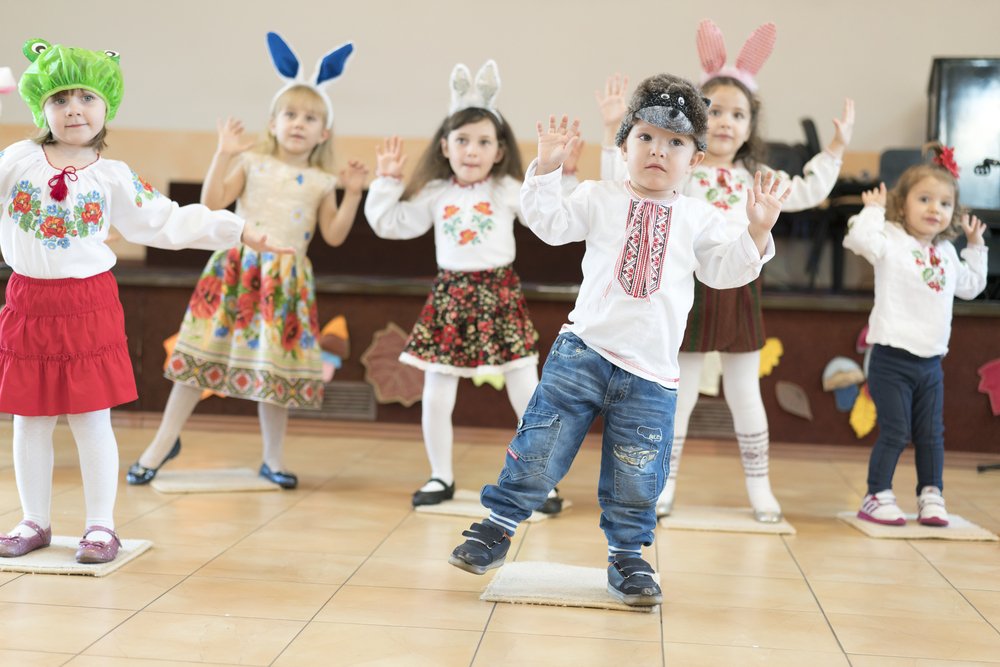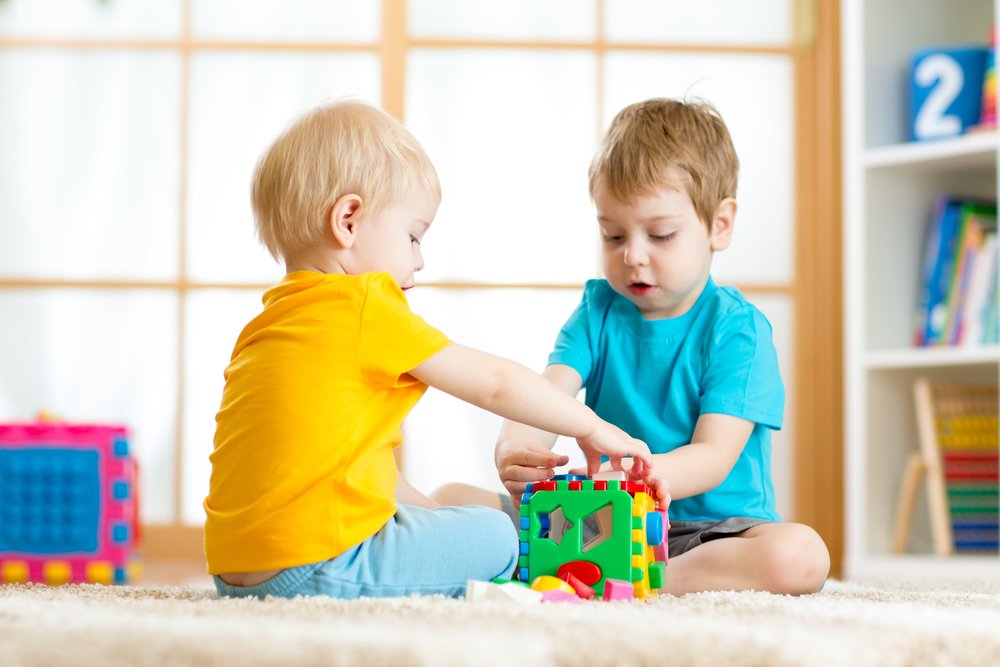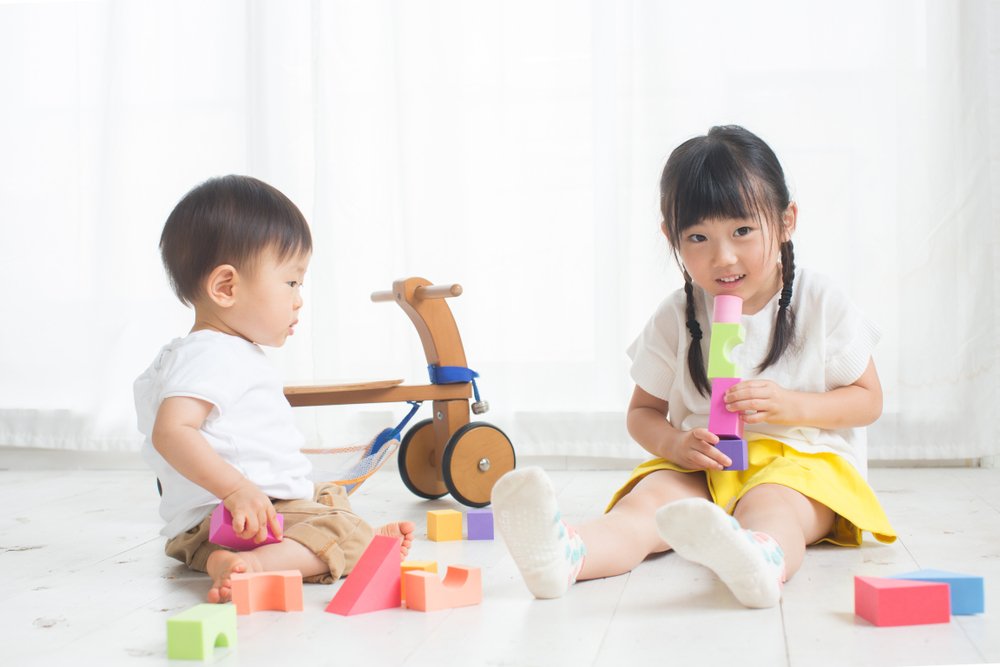
Theater ready
Key points: Dress-up play enhances brain development in children and fosters cognitive abilities, neural connections, and executive functions. Dressing up…
[cat_cust_menu]

Key points: Dress-up play enhances brain development in children and fosters cognitive abilities, neural connections, and executive functions. Dressing up…

Key points: Early childhood is a crucial stage for building the foundation of core capabilities. Babies learn through interaction and…

Children are born curious and as they grow their curiosity and learning grow with them. Curiosity has been characterized as…

Key points: Trillions of connections made in a child’s brain during their first years are crucial to their early wiring…

Key points: Harvard’s Center on the Developing Child has identified three key principles for giving children the best chance to…

Key points: Turning your home into a musical environment positively influences a child’s cognitive, physical, linguistic, and social-emotional development. Experiment…

Key points: Children naturally respond to music from a very young age, showing movements and reactions as early as 9…

Key points:1. Music positively impacts brain development and learning motivation.2. Music enhances memory and cognitive functions in children.3. Musical activities…

Key points: Children need cues and pauses to do the things we ask them to do. Music and obstacle courses…

Key points:1. Music sparks joy, expression, and emotional learning in children.2. Musical interactions support toddlers in understanding and articulating emotions.3….

Key points:1. Secure attachment in early years is crucial for future emotional development.2. Positive environment fosters trust and self-awareness.3. Musical…

Key points:1. Music therapy can have significant positive effects on premature babies’ health and development.2. Music reduces stress levels and…

Key points:1. Music contributes to creating brain connections, enhancing cognitive development and communication skills in children.2. Music affects memory retrieval…

Key points: Mathematical concepts in young children develop through their daily play experiences. Around age two, children start distinguishing between…

Key points: Children of all ages face problems and challenges. Teaching problem-solving involves four roles: observer, supporter, facilitator, and model….

Key points: 1. Play is essential for a child’s development, fostering exploration, learning, creativity, and social interaction. 2. When playing…

Key points: 1. Theory of mind is the ability to understand that others have their own thoughts, beliefs, and desires….

Key points: 1. Collaboration involves working together to achieve a common goal and requires advanced cognitive and social skills. 2….

Key points: 1. Routines foster self-control by providing children with a sense of security and predictability. 2. They promote positive…

Key points: Analogical reasoning is an advanced skill essential for human thinking. Children develop analogical reasoning through knowledge and executive…

Key points: Babies begin to develop cause-and-effect thinking around seven months, when they learn that they can intentionally affect their…
Subscribe to our newsletter and join Kinedu’s community